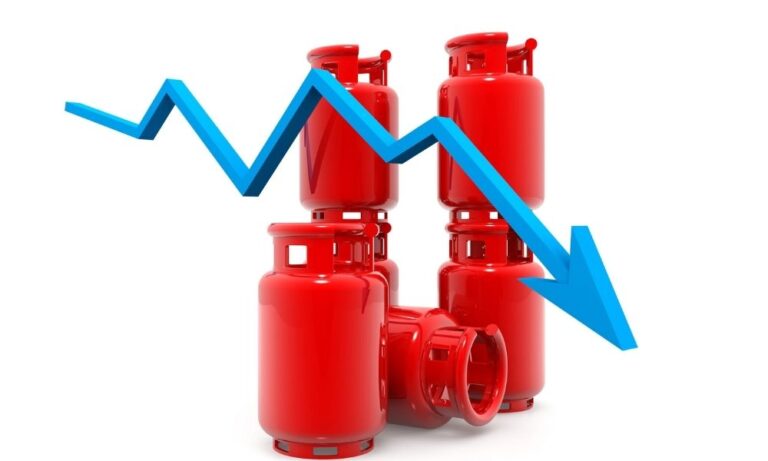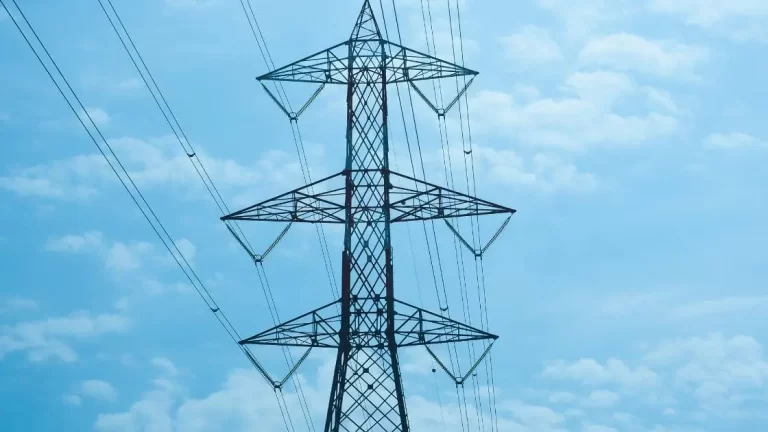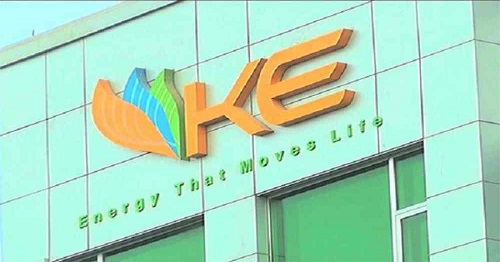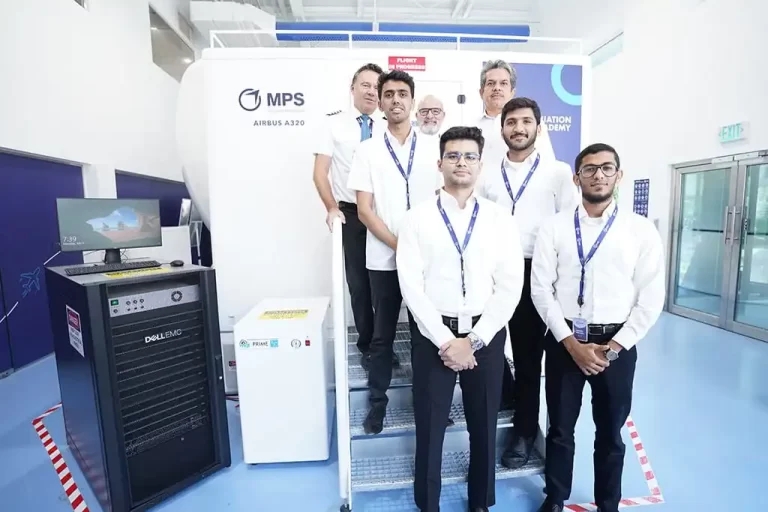Lenders Refuse Financing TAPI Over Taliban Government in Afghanistan
Staff Report
The lenders have refused to extend financing for the multibillion-dollar Turkmenistan-Afghanistan-Pakistan and India (TAPI) project due to the refusal of the world to the Taliban government in Afghanistan.
Dr. Musadik Malik, Federal Minister for Petroleum said that Pakistan was working on the TAPI framework and that Pakistan and Turkmenistan would give lending to finance the TAPI pipeline project.
Minister said while addressing Pakistan’s Energy Symposium.
He said that Turkmenistan was a landlocked country rich in gas reserves but China was the only buyer for gas.Turkmenistan Worried about Delay in TAPI Implementation
He said that they had given an idea of an LNG train to Turkmenistan to sell gas to Europe.
“The gas will flow through the pipeline to Pakistan whereas the gas will be supplied to Europe through train,” the minister said.
He further said that Pakistan wanted to buy gas from Iran but it was a poor country and could not afford sanctions.
“Waiver has been given to some countries and Pakistan also is trying to get those exemptions,” he said.
Deliberating on adding renewables to Pakistan’s energy mix, minister said, “Pakistan has sunlight, wind, water, and nuclear energy. We can produce green electricity on a large scale.
In 2018, when the strategy was being made, solar energy was 22 cents and wind energy was 23 cents, which has now been reduced to 3 to 5 cents.
Pakistan can produce energy using a hybrid system. Battery technology is improving, and if that happens, we can generate electricity from sun, wind, and water.”
During the address, Syed Moonis Abdullah Alvi, CEO, of K-Electric, highlighted the numerous opportunities in Pakistan’s energy sector.
He said, “While Pakistan has competitively low energy purchase prices, we still face significant challenges such as high-capacity charges and circular debt, unlike other countries.
The strategic shift towards utilizing our abundant coal reserves and transitioning to indigenous resources will result in reduced energy costs and enhanced self-sufficiency.
Notably, K-Electric’s zero contribution to the circular debt highlights the importance of privatization and thus sets a roadmap for other distribution companies to follow.”
Dr. Nazir Abbas Zaidi, Secretary General of, the Oil Companies Advisory Council, recommending possible solutions for the structural issues to unleash the possibilities of the power sector said, “Implement rules to curb the inflow of smuggled products, close approximately 2,500 illegal retail outlets immediately, roll out new explosives rules and remove non-aligned rules/standards between OGRA and Department of Explosives.
Oil Marketing Companies should have their licenses extended by OGRA for 30 years as per initial application, the building of strategic stocks to ensure energy security, fast-tracking infrastructure upgradation around oil storage areas, and one window solution for all required regulatory approvals.”
Mazhar Hasnani, CEO, of Engro Vopak & Engro Elengy Terminals Limited, said, “We aim to expand LNG infrastructure and deregulate the market, devise solutions to curb gas circular debt, establish new LNG terminals to bridge the supply-demand gap, create an LNG taskforce for streamlined regulatory approvals, develop strategic onshore LNG terminals for long-term supply security, and address pipeline capacity issues by leveraging declining gas production and new pipeline development.”
Rehan Shaikh, President and CEO, of Standard Chartered Pakistan & President, of Overseas Investors Chamber of Commerce and Industry (OICCI), highlighted that Pakistan is at a pivotal juncture in its journey towards energy sustainability.
Rehan shared that, Energy security and self-sufficiency are the fundamentals of progress and prosperity for any nation. While Pakistan’s power sector has faced issues like circular debt, demand & supply gaps, and rising costs and tariffs, there is huge potential to change the course.
Waqar Siddiqui, CEO & Managing Director, of Shell Pakistan Limited, stressed urgent action to achieve sustainability. “Pakistan is at a critical economic juncture, and to steer the country on a sustainable trajectory, resolving the energy puzzle is of utmost importance.
Rabia Shoaib Ahmad, Director & CEO, Nutshell Group, added that by fostering innovation and leveraging partnerships, we can pave the way for a resilient and energy-efficient Pakistan. In her remarks, she said, “To help highlight the issues of the investors, to create an enabling environment, and to help promote a healthy investment climate for foreign investors in Pakistan, Nutshell Group has been working with the OICCI for over a decade.








